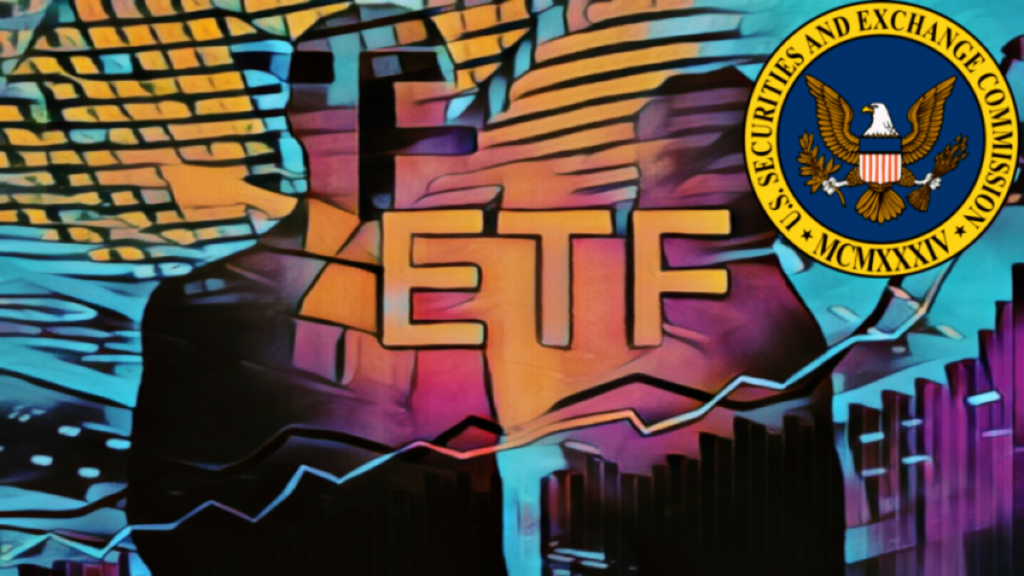ARTICLE AD BOX

Cryptocurrency lawyer James Murphy says the SEC’s approval of Ethereum ETFs has sparked a legal controversy.
Dissecting the Approval of the Ethereum ETF: A Reversal in the Market
The SEC’s recent approval of eight Ethereum ETFs caught market observers off guard and represents a significant change in the regulatory environment compared to the agency’s previous anti-crypto position.
After approving spot exchange-traded funds (ETFs) for the Ethereum network, the US Securities and Exchange Commission (SEC) is allegedly in trouble, according to cryptocurrency attorney James Murphy, also known as MetaLawMan.
The dispute over whether ether (ETH) is a commodity was settled by the SEC’s approval of the Ethereum ETFs, according to Murphy, who said in an X post that the agency is in “deep trouble” with its cases against certain crypto businesses.
Also Read: Ethereum ETF Approved: Future Predictions for Bitcoin and Altcoins
Deep Problems for the SEC
On May 23, the SEC formally approved the introduction of eight Ethereum ETFs from asset managers: Invesco/Galaxy Digital, VanEck, Franklin Templeton, BlackRock, Fidelity, and Ark Invest/21Shares.
A week prior, the SEC’s anti-crypto position led market analysts and members of the crypto community to estimate the approvals’ chances at 25%. But this week saw a stunning turn of events in the market, with analysts raising the odds to 75%.

Despite its continued opposition to cryptocurrencies, the SEC has filed lawsuits against a number of US companies that deal in digital assets, claiming that they are selling unregistered securities such as ETH, Solana (SOL), Cardano (ADA), Ripple (XRP), Polygon (MATIC), and numerous other cryptocurrency tokens.
Murphy tweeted that the securities regulator had argued repeatedly during a hearing in its lawsuit against Coinbase, the biggest cryptocurrency exchange in the United States, that tokens for cryptocurrency operating within an ecosystem should be considered securities. This group includes assets like XRP, SOL, ADA, and ETH.
SEC to Deal with Challenging Crypto Cases
Moreover, the cryptocurrency attorney disclosed that the U.S. The SEC v. Coinbase case was presided over by District Judge Katherine Polk Failla, who used the agency’s ecosystem defence in her decision. Customers who purchase tokens on Coinbase, according to the ruling, are not only obtaining assets in their unvalued state, but they are also purchasing digital ecosystems, the expansion of which is dependent upon the tokens’ worth.
Murphy thinks it would be difficult for the SEC to defend ETH’s status as a commodity in US courts while SOL and ADA, two other tokens in the same ecosystem, are not.
Murphy stated it wouldn’t be shocking if Coinbase also filed a request for rehearing or its motion to dismiss the SEC’s case on the grounds that the organization now recognizes ETH as a commodity. Coinbase is scheduled to file a reply brief on its petition to certify an interlocutory appeal in the case soon. Even worse, this strategy might be adopted by other cryptocurrency companies that have comparable pending issues with the securities regulator.
.png)
 5 months ago
3
5 months ago
3








 English (US)
English (US)